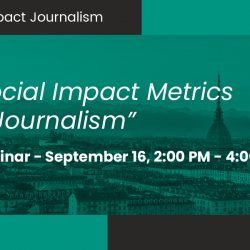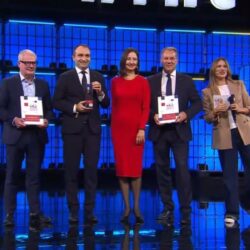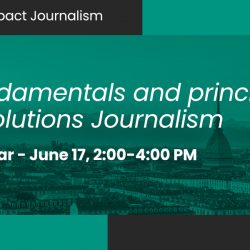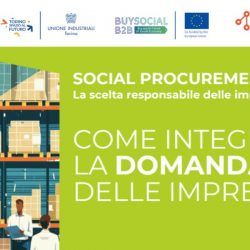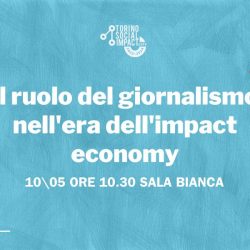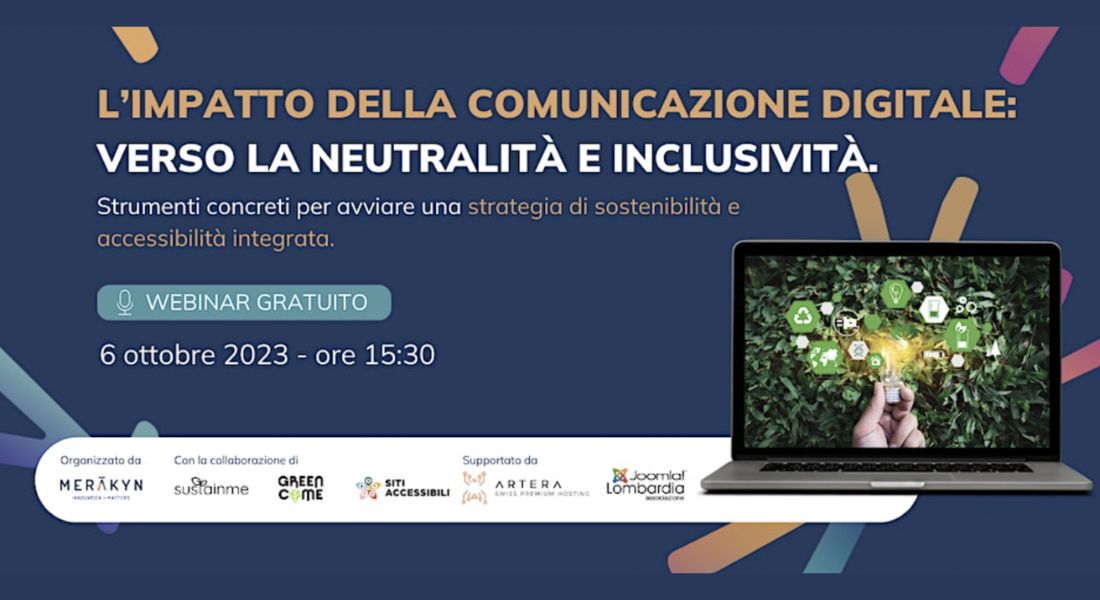What concrete tools can be used to launch an integrated sustainability and accessibility strategy? This will be discussed at the free webinar – registration required – “The impact of digital communication: towards neutrality and inclusiveness” scheduled for Friday 6 October 2023 and organised by Merakyn in partnership with SustainMe, Siti Accessibili, GreenCome and the support of Artera and Joomla! Lombardia.
Digital can be a transformation enzyme for people, the environment, models of society, as well as a tool for building a better and more sustainable future. Although technological innovations can help solve environmental problems, the ICT – Information & Communication Technology sector as a whole has a significant CO2 footprint. It is the so-called digital paradox: while technological innovation enables the ecological transition, its environmental footprint is undoubtedly significant.
But how energy-intensive is digital business and digital processes compared to a traditional business? It is estimated to contribute at least 3.7 per cent of the world’s CO2 emissions compared to 2 per cent for air traffic (source: Karma Metrix). In fact, the Internet produces around 1.2 billion tonnes of CO2 annually, equal to the annual CO2eq emissions of Italy, France, Spain and the UK combined. All of this is growing at such a rate that it predicts a potential impact by 2030 in which the Internet would generate around 10% of global emissions (source: The Shift Project).
This is why the topic of ‘sustainable digital’ is becoming increasingly relevant. According to research by the Global Web Index, 61% of Gen. Millennials are inclined to pay more for sustainable or eco-friendly products, while 80% of Gen. Z respondents consider it essential for brands to implement green solutions for their products.
At the same time, in terms of a systemic sustainability strategy, another aspect of social impact also needs to be explored, namely the issue of digital accessibility, which now involves around 87 million disabled people (visually impaired, deaf, etc.) in Europe. A mass of people that has prompted the European Union to take action with the EAA – European Accessibility Act, due to be implemented by 2025, when all platforms (sites, ecommerce, etc.) will have to be fully accessible to people with disabilities according to the Web Content Accessibility Guidelines (WCAG), in addition to the various regulations and best practices already existing and currently in place.
On these topics, on the occasion of the Milano Digital Week, Merakyn – Benefit Society and consulting agency specialised in communication and sustainability – is organising, in partnership with SustainMe, Siti Accessibili, GreenCome and with the support of Artera and Joomla! Lombardia, a dedicated webinar to explore these issues in depth. The partners involved will suggest reflections, concrete ideas and best practices to evolve towards an integrated and inclusive digital sustainability strategy, consistent with the Sustainable Development Goals, i.e. the SDGs of the United Nations 2030 Agenda.
For more information on the webinar agenda and to register, please visit Eventbrite.
Popular
